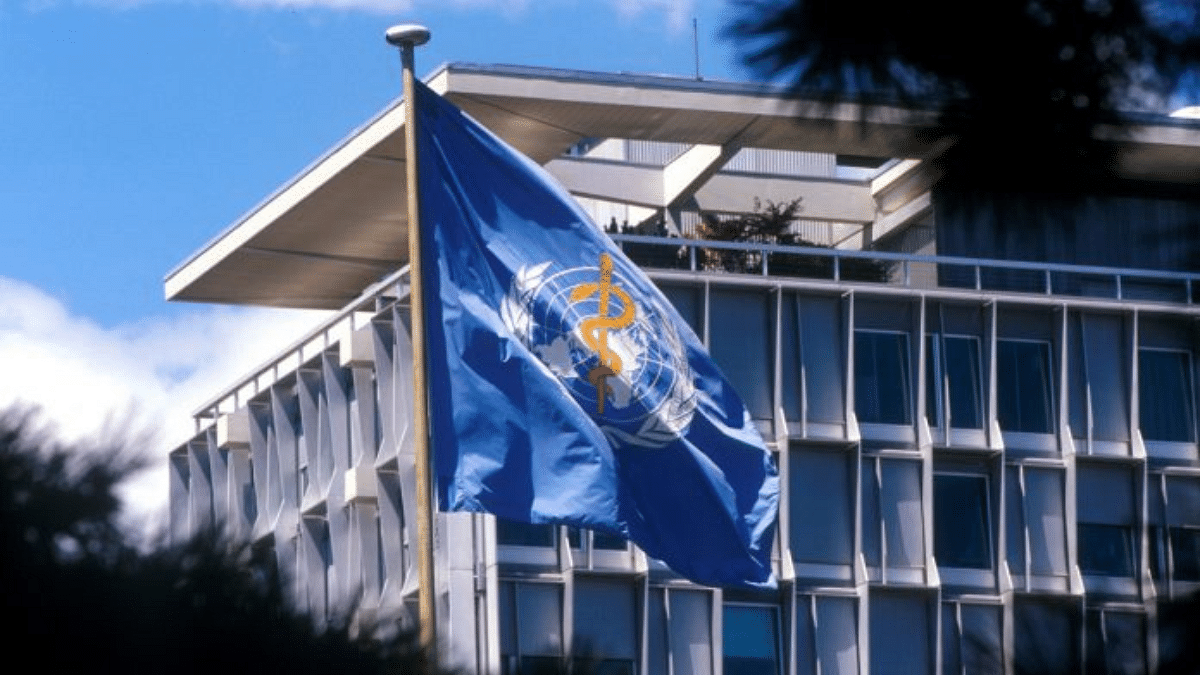
New Delhi: Multiple civil society organisations have asked the government not to endorse the draft pandemic agreement proposed by the World Health Organisation (WHO), arguing that it is biased in favour of developed countries.
The WHO has said it was working on the world’s first pandemic agreement to strengthen global collaboration among governments to prepare for, prevent and respond to pandemics.
The draft agreement prepared by the United Nations health body is slated for discussion at the resumed 9th session of the Intergovernmental Negotiating Body (INB) beginning Tuesday.
“The document fails to incorporate substantive measures and mechanisms in preventing, preparing for, and responding to pandemics,” organisations such as All India People’s Science Network, Universal Health Organization and Third World Network Indian Trust have written in a letter to Union Health Minister Mansukh Mandaviya.
ThePrint has seen a copy of the letter sent last week.
The groups have argued there were no meaningful provisions that concretely delivered financial support, technology transfer and enabled the sharing of proprietary technology and know-how to address global public health issues.
“Neither is there any provision that guarantees rapid and adequate access to health products to deal with a pandemic. Instead, the text places onerous surveillance obligations, with the expectation that biological materials, sequence data and other relevant information will be shared with developed nations, especially in the absence of guaranteed sharing of benefit emerging out of such data,” the organisations have insisted.
Effectively, the text was devoid of any equity, locking in the status quo that contributed to the vast inequity experienced during Covid-19 and other health emergencies, the letter said.
Worse still, according to the letter, the draft text added burdensome surveillance obligations that will over time be further expanded, potentially adversely impacting countries like India.
A major challenge in the INB process has been the Bureau and Secretariat-led negotiating where member states’ text is repeatedly sidelined in favour of text designed by the Bureau and WHO Secretariat that is newly issued at every INB session, the organisations and associations argued.
Various clauses in the agreement mandated each party to undertake extensive surveillance activities, exceeding what was pertinent and essential for addressing a pandemic, the groups have stressed.
“These obligations mark just the beginning of a series of demands that India will be expected to implement,” the letter said.
It went on to argue that various proposals in the draft agreement compelled governments to establish an extensive surveillance infrastructure, diverting already limited resources from national priorities.
“With the One Health instrument, there could also be adverse trade and economic consequences for countries like India, especially in the area of agricultural export. Further, these articles mandate the sharing of data generated through surveillance but are silent about regulating the use of data by parties, WHO and other international organisations, such as the further transfer of data obtained from parties and potential misuse of the data obtained, thus posing threats to the integrity and purpose of the instrument,” they said.
(Edited by Tikli Basu)
Also read: 24 mega-seller drugs set to lose patents in US, big opportunity for Indian drugmakers — govt report




















